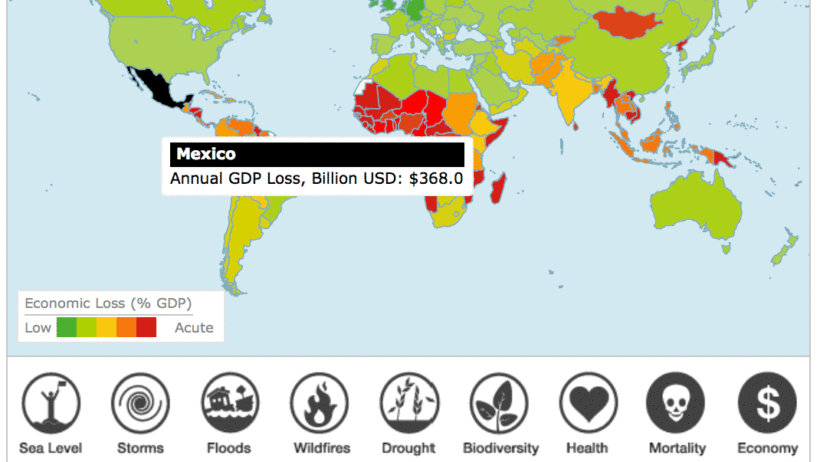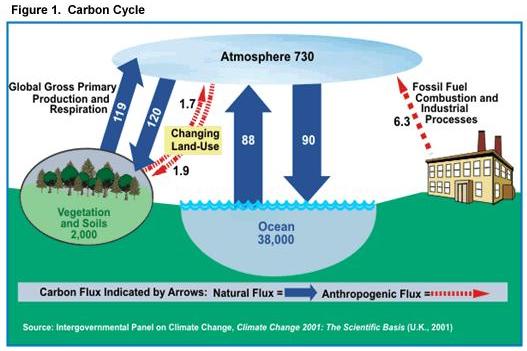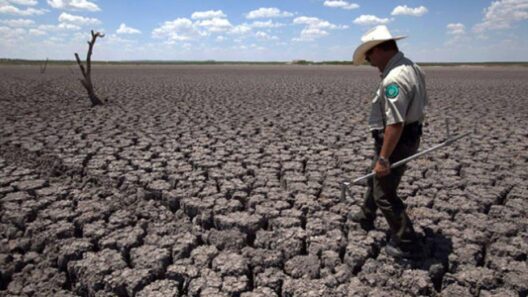As the planet warms, we find ourselves in a complex web of economic repercussions that entwine our daily lives with the broader ecological fabric of the Earth. Climate change is increasingly being perceived not just as an environmental crisis but as a financial tsunami poised to inundate economies, challenge livelihoods, and reshape markets in ways that are profound and far-reaching.
The metaphor of a boiling frog is apt here; while we may seem comfortable in our current state, the gradual increase in temperature—and by extension, economic instability—signals an impending crisis that requires immediate attention. Much like the fictional frog that fails to leap from heat, populations worldwide risk becoming complacent as the changes surrounding them become normative. However, the consequences are anything but benign.
In mundane terms, climate change unveils itself through severe weather events, fluctuating agricultural yields, and the erosion of natural resources, each of which manifests economic impacts at both micro and macro levels. Consider hurricanes; as temperatures rise, so too does the intensity and frequency of these storms. They unleash destruction not only on homes and infrastructure but also on economies. The costs associated with rebuilding and recovery are astronomical. Following Hurricane Katrina, for example, the U.S. faced losses exceeding $125 billion, a figure that continues to grow as storms become not only more aggressive but also more common.
Moreover, agricultural sectors are subject to the whims of climate fluctuations, creating a paradox of bounty interspersed with scarcity. Rising temperatures and erratic precipitation patterns endanger crop yields, leading to food insecurity and skyrocketing prices. Farmers, particularly in developing regions, face an uphill battle as they grapple with the faustian choice between adopting advanced technologies that may be financially unattainable or sticking with traditional methods that may no longer suffice. The effect trickles down; as food costs rise, so do expenditures for households, forcing families to allocate a greater share of their incomes toward basic sustenance.
Yet the economic implications extend beyond immediate destruction and food scarcity; they also seep into public health systems. Higher temperatures correlate with increased incidences of heat-related illnesses, respiratory issues from poor air quality, and the spread of vector-borne diseases like malaria and dengue fever. Thus, healthcare systems—already strained in many regions—find themselves bearing the brunt of climate impacts, leading to inflated healthcare costs that ripple through the economy. The costs associated with public health interventions, emergency services, and increased insurance premiums are formidable, adding an extra layer of complexity to the fiscal landscape.
Meanwhile, the road to mitigation and adaptation demands significant investment. Transitioning to renewable energy sources, enhancing infrastructure to withstand extreme weather, and investing in sustainable agriculture all require substantial financial outlays. This raises an essential question: who bears the financial burden? Therein lies a social justice dimension. Wealthier nations often emit the highest levels of greenhouse gases, while developing countries—those which contribute least to the problem—are typically the most affected. Funding mechanisms like the Green Climate Fund are crucial not only to assist at-risk nations but also to facilitate a more equitable transition toward sustainability. The principles of fiscal responsibility and moral obligation are intertwined, presenting a complex paradox as global leaders navigate the treacherous waters of climate policy.
As we peer into the future, the implications of climate change are compelling. The concept of “stranded assets” has emerged, referring to investments that may lose value as the world shifts away from fossil fuels. Energy companies face a turbulent transition, with oil and coal reserves potentially becoming economically unviable as society moves toward cleaner, more sustainable energy sources. Investors risk losing billions, underscoring that climate change does not just influence environmental outcomes but also significantly impacts financial markets. Businesses and consumers alike must reevaluate their strategies as the winds of change blow strongly against the status quo.
The insurance industry, for instance, is experiencing its own metamorphosis. As risks associated with climate change proliferate, insurers must contend with increasing claims related to natural disasters. Premiums rise to account for this growing unpredictability, becoming yet another weight on the shoulders of consumers. This cycle of rising costs and entangled liabilities could potentially lead to uninsurable regions, prompting a paradigm shift in how we assess and manage risk in relation to climate.
In tandem with these challenges lies a golden opportunity. The transition toward a green economy, propelled by technological innovation, presents a unique allure. Green jobs, which span sectors from renewable energy to sustainable agriculture, stand ready to offer employment opportunities for those willing to pivot away from traditional roles. Investments in clean technology can stimulate economic growth, mitigate economic disparities, and pave the way for a sustainable future where both economies and ecosystems thrive.
Ultimately, individuals and communities hold immense power in this narrative. The choices we make—whether it’s opting for sustainable products, supporting clean energy initiatives, or advocating for climate-conscious policies—carry significant weight. In this warming world, our wallets encapsulate a critical instrument of change, signaling our values and priorities. As climate change continues to cast a long shadow on the horizon, the urgency to act cannot be overstated. The intertwining of economic impacts with our collective environmental fate is profound, deserving of our immediate and unwavering attention. The time to leap from the simmering pot is now; the intersection of our wallets and the warming world awaits our decisive action.








